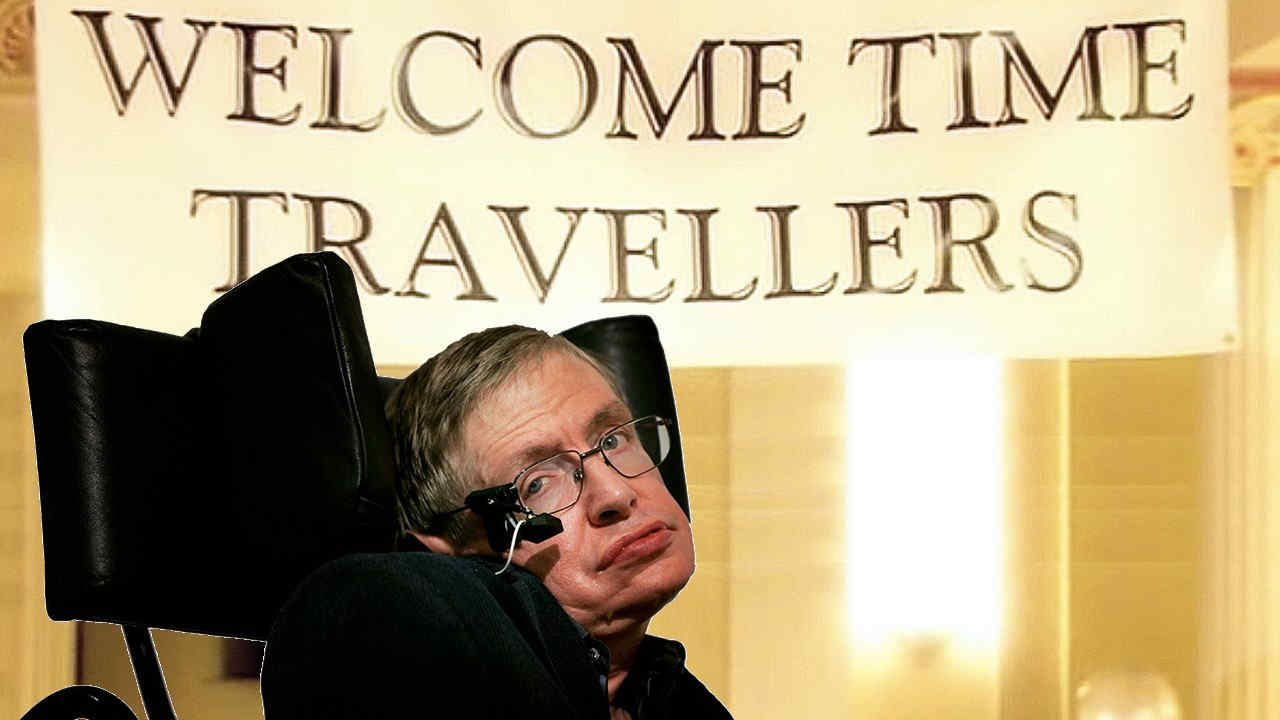
It has been a long, unfulfilled dream of humankind to obtain control over the passage of time. One cannot help but fantasize about bending time backwards, pause its eternal flow and dodge the inevitable death if technologically possible.
Clearly, time is a captivating phenomenon. That is why, a common theme in all science fiction is time travel. However, is building the time machine so trivial as depicted in the movies, like Back to the future? Is it theoretically as well as practically allowed?
What we gather about time travel from fiction is that it is either going back to a bygone era or jumping forward in the future. Time travel is a trip not in space which has three dimensions, but it is a journey in the fourth time dimension, the one we do not understand fully.
Theory of relativity
In non-relativistic physics, time was absolute, independent of the observer and same throughout the universe. This was proposed by English scientist Sir Isaac Newton when he thought that time progressed at consistent pace for everyone everywhere.
But in relativity, as theorized by German physicist Albert Einstein, time is no longer an absolute concept.
Firstly, time is treated like an alternate dimension to spatial dimensions of length, width and height. In other words, time is a new corridor to pass through.
Secondly, time is not the same for everyone everywhere as Newton had assumed. Time slows down as you travel faster, for example.
In fact, when subatomic particles are accelerated to nearly the speed of light, their lifetimes expand dramatically. They would usually decay faster, but when moving at relativistic speed inside the particle accelerator, they experience time more slowly (relative to other particles) and live longer.
Furthermore, from general theory of relativity, an upgraded version of special relativity, it is known that time passes more slowly for objects in strong gravitational fields, than for those objects which stay far from such fields.
As a result, if there were twin brothers and one of the twins orbited a black hole while the other around the earth, can you guess which of the twins would be older?

Coming back to the question: Is time travel as shown in the movies like Looper or Back to the future practical? Many scientists agree that the idea of time travel at the push of a button is not possible as it would violate the law of causality.
The paradox
Time's flow is like a river as it speeds up, meanders and slows down. Time can also have whirlpools and fork into two or more rivers, says American physicist and futurist Michio Kaku.
As soon as the button of the time machine is pressed, it may be possible for one to go backwards in a parallel world. Therefore, deprived of the opportunity to change the turn of events in the reality one came from. A new reality would be built from scratch, avoiding the grandfather paradox.
This idea of time travel was proposed by British physicist David Deutsch who used the terminology of multiple universes to solve the widely debated grandfather paradox.
The paradox comes from the idea that if a person travels to a time before their grandfather had children, and kills him, it would make their own birth impossible.
Deutschian time travel solves the paradox only theoretically. The time traveler emerges in an alternate universe, but very similar to his own. Can such universes pop in and out of existence merely on the whim of the time traveler? The idea sounds good on paper but its practical possibility is highly doubtful.
What is possible
As per most scientists and engineers, time travel is impossible as you have seen in the movies. The late English astrophysicist Stephen Hawking once joked: "I have experimental evidence that time travel is not possible." Hawking hosted a party for time travelers in 2010, but no one came.
Yet, we have observed that time slows down and does not always run at the same pace everywhere, which can help to travel forward in time, at least, relative to another. As shown in the realistic movies like Interstellar (2014).
Also, when we observe the universe, we are looking back in time. Our own Sun’s light, for instance, takes about 8 minutes to reach on earth. We see the Sun the way it was 8 minutes ago; so if the Sun disappeared this instant, we wouldn't know.
You will be surprised to know that NASA's James Webb telescope can study light that was emitted by the most ancient galaxies 10 billion years ago. This means, we can peek at the birth of the universe, more or less, if we design an even larger, better telescope.
Summing up
Time travel at the push of a button is out of the question. To construct such a machine violates not only the laws of physics but also common sense. It is much like building a perpetual motion machine, a hypothetical machine that can do work infinitely without an external energy source.
Lastly, reiterating that time travel is far more impossible technically than it is theoretically. There may still be undiscovered physics that allows construction of a time machine. It might be possible but would involve vast amounts of energy and money.






 Physics, astronomy and science history blog for students
Physics, astronomy and science history blog for students